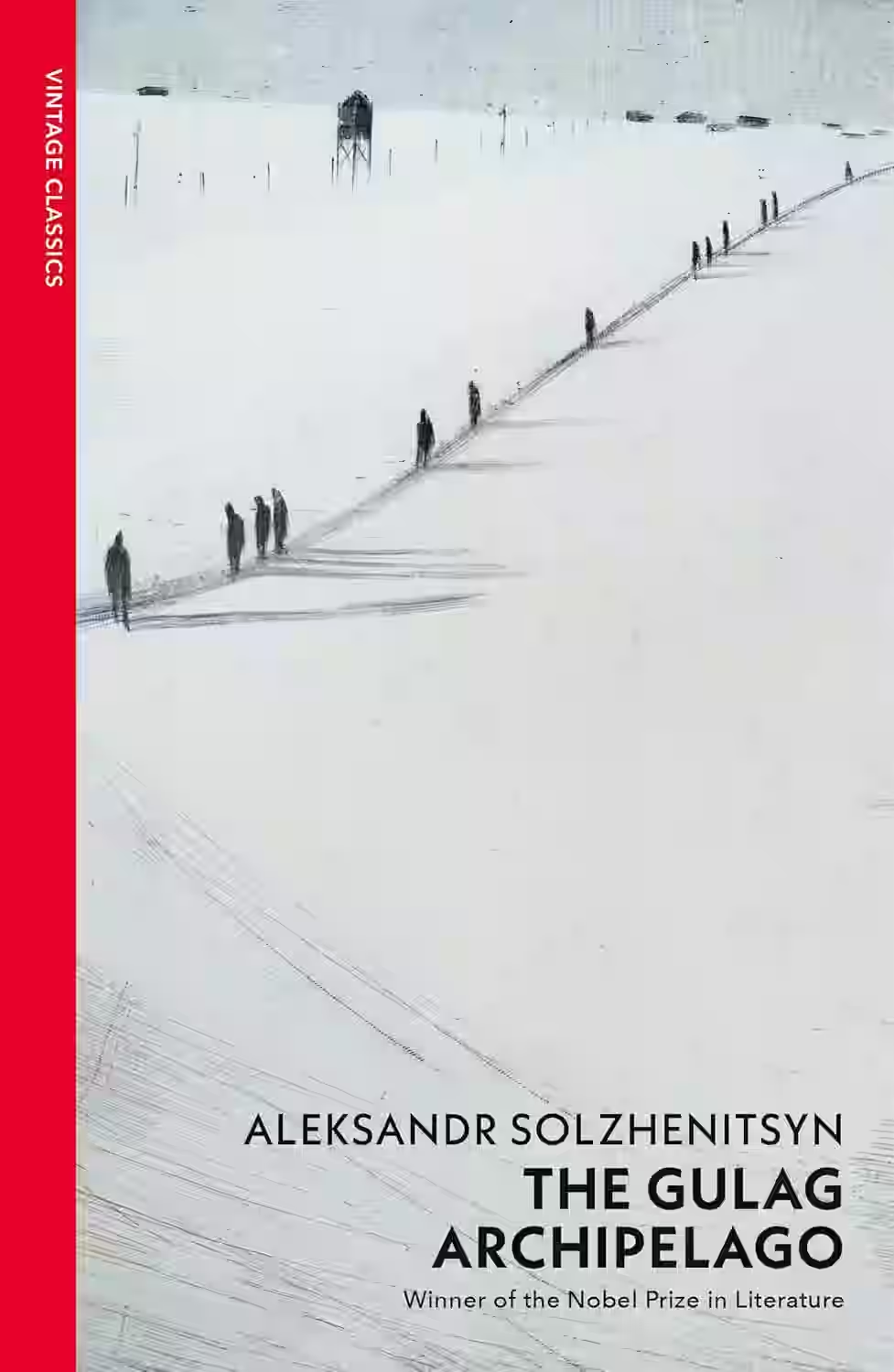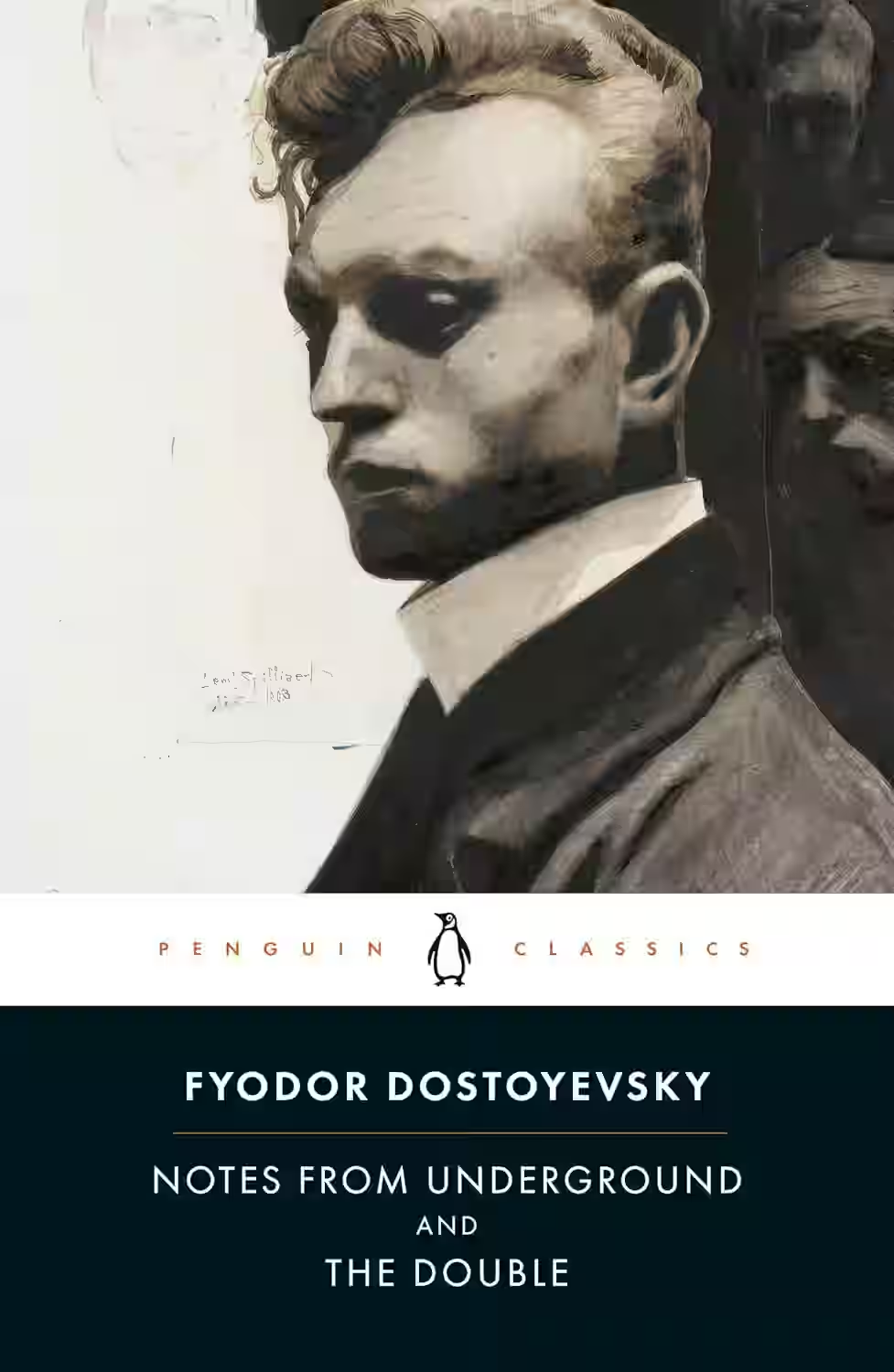Russian Literature
Russian literature encompasses works written by Russian authors, often portraying societal issues, complex characters, and intricate plots against a backdrop of Russian culture and history.

The Gulag Archipelago
In 'The Gulag Archipelago,' Nobel laureate Aleksandr Solzhenitsyn meticulously documents the horrors of the Soviet forced labor camp system. Spanning three volumes, this monumental work delves into the chilling realities faced by prisoners, the arbitrary nature of arrests, and the dehumanizing conditions within the camps. Solzhenitsyn provides a harrowing account of the cruelty and oppression under Stalin's regime, shedding light on the resilience of the human spirit in the face of extreme adversity. Through powerful storytelling and profound insights, he exposes the depths of totalitarianism and the enduring quest for freedom and truth. 'The Gulag Archipelago' stands as a monumental work of historical significance and moral courage.

The Bronze Horseman
Series: The Bronze Horseman (#1)
Set against the backdrop of World War II in Leningrad, 'The Bronze Horseman' by Paullina Simons is a compelling historical romance that weaves together the intensity of love and the harsh realities of war. The story follows Tatiana, a young Russian woman, and Alexander, an officer in the Red Army, as they navigate the trials of a war-torn city and the obstacles that threaten their love. Simons masterfully develops her characters, imbuing them with depth and emotion, while exploring themes of sacrifice, perseverance, and hope amidst despair. The book's rich historical detail and evocative storytelling transport readers to a time of great turmoil, making it a gripping read that leaves a lasting impact. Ideal for fans of epic love stories, this novel explores the resilience of the human spirit in the face of adversity, making it both heartbreaking and inspiring.

Notes from Underground
Fyodor Dostoevsky’s 'Notes from Underground' is a profound exploration of the human psyche through the eyes of its bitter and introverted narrator, a retired official who chooses to isolate himself from society. Set in 19th-century St. Petersburg, this seminal work splits into two parts: the narrator's philosophical monologue critiquing the rationalist approach to life and society, followed by his complex interactions and sometimes anger-fueled alienation from others. This novella digs deep into themes of free will, existentialism, and the contradiction inherent in human nature, paving the way for existentialist thought. Dostoevsky crafts an unsettling, yet introspective narrative that resonates deeply with readers confronting the paradoxes and irrationalities of the human condition.